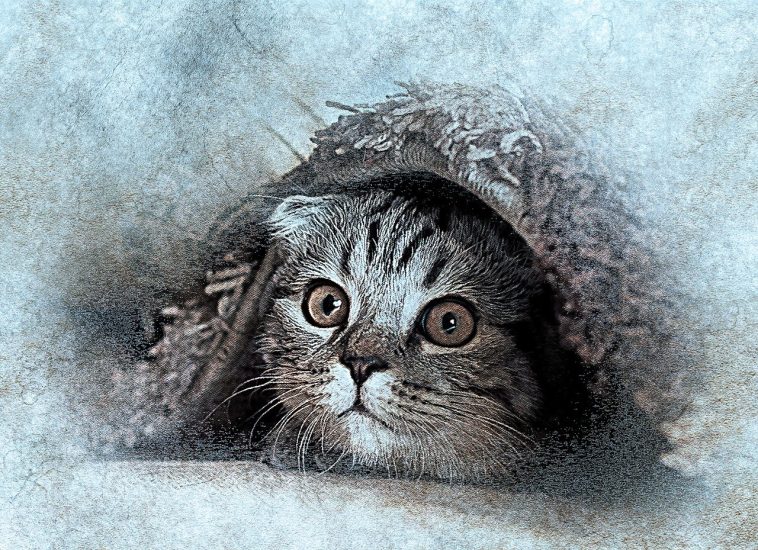Returning home to the warm embrace of a loving cat is a special joy. While human interactions hold their own charm, the unconditional affection of a feline companion is truly unparalleled. It seems that your cat shares this sentiment, eagerly awaiting your return. But how can you tell if your beloved pet might be just a tad too clingy? When does their affectionate nature become a bit overwhelming for you? Settle in, let your furry friend snuggle on your lap, and as you stroke that favorite spot on their neck, observe these 10 signs of clingy cat behavior:
- The Constant Companion (The Follower): Your shadow takes on a feline form. If you’ve found yourself inadvertently tripping over your devoted cat or become accustomed to scanning the floor to avoid stepping on them, you likely have a “follower.”
- The Reluctant Farewell (The Scratcher): Your cat fixates on you, leaving affectionate marks on your cheeks, nose, and forehead. Wondering why your cat suddenly craves attention? Cats adore being doted on, especially when you’re preoccupied or asleep. However, persistent scratching and kneading might signal a touch of clinginess.
- The Sympathetic Eater (The Dieter): Owners of such cats often fret. Another sign of clinginess is a reluctance to eat or a diminished appetite when you’re away. This is common among cats grappling with separation anxiety; they don’t feel secure eating alone.
- The Bed Hogger: While sharing a bed with your cat provides comforting warmth, when your precious furball starts claiming your pillow or a significant portion of your mattress, relegating you to a cramped corner, you’re dealing with a clingy cat.
- Meow Concerto (aka: Neighbor’s Nightmare): Vocalizing for attention is standard cat behavior. Yet, when the meowing becomes incessant, even in your absence, separation anxiety may be the driving force.
- The Bossy Scheduler: Your cat determines your position – whether you sit, stand, or sleep. A clingy cat may grow agitated if you dare occupy a different chair or stretch out in a different part of the bed.
- The Shy Socialite: Some cats react to strangers by either remaining aloof or feeling insecure and seeking refuge. If your cat persistently clings to you in the presence of guests, you’re dealing with an extra clingy cat.
- The Constant Cuddler (Demanding Kitty): Purring in contentment is soothing for both cat and owner. Yet, if your kitty insists on being petted every time you sit down, you may have a particularly clingy companion.
- The Puppeteer (Manipulative Cat): Demanding behavior may surface when your cat wants something on their terms. This is often the result of excessive pampering, as cats astutely pick up on human susceptibilities.
- The Farewell Attendant: The jingling of keys, the rustle of a bag – these sounds draw your cat to you, brushing against your legs, as if trying to anchor you in place. This may signify a clingy cat associating departure with affection, or it could signal separation anxiety.
Embracing a clingy cat comes with its own rewards. Whether your feline companion is affectionate, whimsical, or melancholic, the mutual understanding you share is deeply fulfilling. So, whether you indulge your cat or they demand attention, you’ll have a devoted friend, always eager to be with you!



